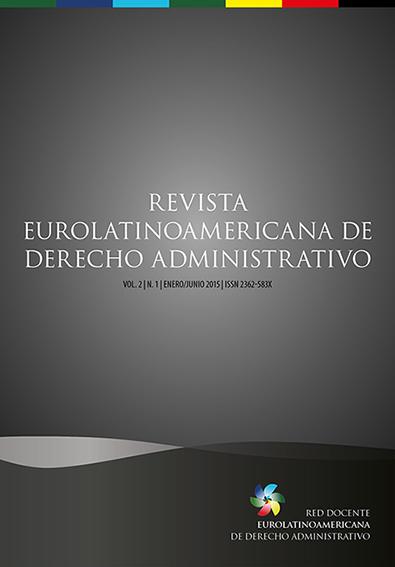Planning of land use and environmental planning and transportation: how to achieve sustainable levels of planning
DOI:
https://doi.org/10.14409/rr.v2i1.4632Keywords:
direito à mobilidade, mobilidade urbana, infraestrutura de transportes, inclusão social, espaço urbanoAbstract
This work has as subject the phenomenon of urban mobility and its importance for the social inclusion in the contemporary society. It is essential to identify people who are in unequal position in the city and to consider the attribute of care as a matter of justice in order to assure mobility. Mobility is a human capacity without which people can not have a decent life. The concept of sustainable mobility, increasingly present in the territorial policies and strategies of the European Union, assumes that citizens living in cities, towns or villages, disposal conditions and accessibility and mobility choices that give them safe, comfortable travel with acceptable times and affordable. It also implies that their mobility is exercised with energy efficiency and reduced environmental impacts. But above all what is imperative is to win the civil society to a new culture of mobility. This challenge will require a profound change in behavior to the individual citizen level, citizens groups, companies, institutions and the collective membership of proposals and policies in favor of sustainable mobility. The methodology used in the study was the grounded theory, which enabled the systematic analysis of transport policies. We carried out the survey of federal laws in force in the Brazilian capitals that recognize the relationship of dependency and care for the acquisition or maintenance of urban mobility. The main result of the research showed that the introduction of the focus of basic human capacities favors the construction of fairer transport policies, as it increases the chances of set of people to participate in social relations informed on principles of equality, justice and dignity.
Downloads
Published
How to Cite
Issue
Section
License
Authors who publish in this Journal agree to the following terms:
- Authors retain copyright and grant the Journal of Constitutional Research the right of first publication with the article simultaneously licensed under the Creative Commons - Attribution 4.0 International which allows sharing the work with recognition of the authors and its initial publication in this Journal.
- Authors are able to take on additional contracts separately, for non-exclusive distribution of the version of the paper published in this Journal (eg.: publishing in institutional repository or as a book), with a recognition of its initial publication in this Journal.
- Authors are allowed and encouraged to publish their work online (eg.: in institutional repositories or on their personal website) at any point before or during the submission process, as it can lead to productive exchanges, as well as increase the impact and the citation of the published work (see the Effect of Open Access).



























.png)





